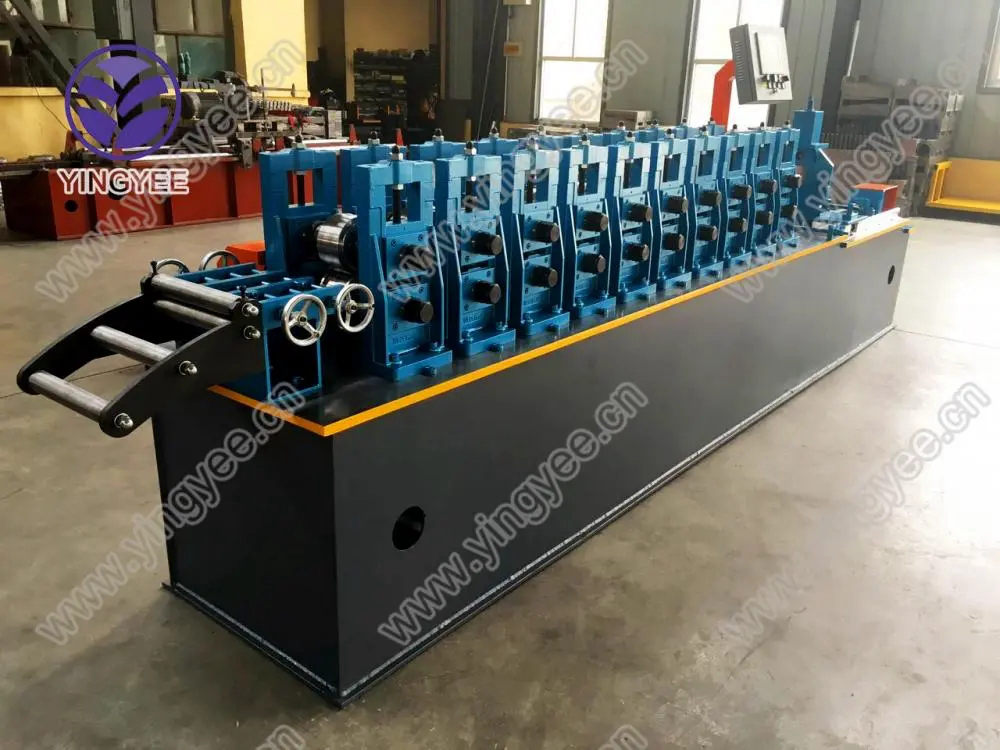
The Floor Tile Making Machine Revolutionizing the Flooring Industry
In recent years, the construction and flooring industries have seen remarkable innovations, with the advent of the floor tile making machine leading the charge. This cutting-edge technology not only streamlines the production process but also improves the quality and variety of tiles available in the market. This article delves into the components, workings, and benefits of floor tile making machines and their impact on the industry.
Components of a Floor Tile Making Machine
A typical floor tile making machine comprises several critical components that work in tandem to produce high-quality tiles. The primary parts include
1. Mixing Unit This component is responsible for blending the raw materials, which typically consist of clay, sand, water, and additives. The mixing process ensures a uniform consistency, crucial for producing tiles of consistent quality.
2. Hydraulic Press After mixing, the material is fed into a hydraulic press, which applies substantial pressure to shape the tiles. The hydraulic press is key in ensuring that the tiles are dense, durable, and free of defects.
3. Kiln Once formed, the tiles are placed in a kiln for firing. The kiln's temperature and timing are meticulously controlled to achieve the desired hardness and bonding of materials. This step is essential in creating tiles that can withstand heavy loads and environmental factors.
4. Glazing Unit For those tiles that require a glossy finish or intricate designs, a glazing unit is used. This component applies a layer of glaze to the tile surface, enhancing its aesthetics and water resistance.
5. Cutting Mechanism Finally, the tiles are cut and sorted according to size and design specifications. Modern machines often incorporate automation for increased efficiency and precision.
How It Works
The process of tile production begins with the selection of quality raw materials. Once the materials are mixed in the designated mixing unit, the homogeneous mixture is transported to the hydraulic press. Here, the press shapes the mixture into tiles under high pressure. After shaping, the tiles are slowly and carefully loaded into the kiln, where they undergo a firing process that solidifies their structure.

Post-kiln, tiles move to the glazing unit if a decorative finish is required. Tiles can be further customized through various glazing techniques, including digital printing. This versatility allows manufacturers to cater to diverse market demands, from traditional to contemporary design preferences.
Benefits of Using Floor Tile Making Machines
Embracing floor tile making machines offers a myriad of advantages for manufacturers and consumers alike
1. Increased Efficiency Automating the tile production process significantly reduces lead times. Products can be manufactured more rapidly, ensuring businesses can meet increasing market demands without compromising quality.
2. Consistency and Quality Control Automated processes enhance uniformity in tile dimensions and quality. This consistency is critical for large-scale projects and helps businesses build a reliable reputation in the market.
3. Cost-Effectiveness By minimizing labor-intensive manual processes, manufacturers can reduce production costs. Lower costs can translate to more competitive pricing for consumers, making quality flooring materials accessible to a broader audience.
4. Diverse Product Range With advanced technology, manufacturers can produce a wide variety of tile designs and finishes, catering to consumer preferences and trends. This flexibility paves the way for creativity and innovation in tile design.
5. Sustainability Modern floor tile making machines often come equipped with features that allow for the recycling of production waste. This sustainable approach not only reduces environmental impact but also appeals to eco-conscious consumers.
Conclusion
The floor tile making machine has undeniably transformed the landscape of the flooring industry. By enhancing efficiency, ensuring quality, and promoting sustainability, these machines are paving the way for the future of flooring. As the demand for diverse and high-quality flooring solutions continues to rise, the role of innovative manufacturing technologies like floor tile making machines will prove to be essential in fulfilling these needs. The flooring industry stands on the brink of a new era, driven by automation and advanced production techniques, proving that technology and tradition can indeed walk hand in hand.